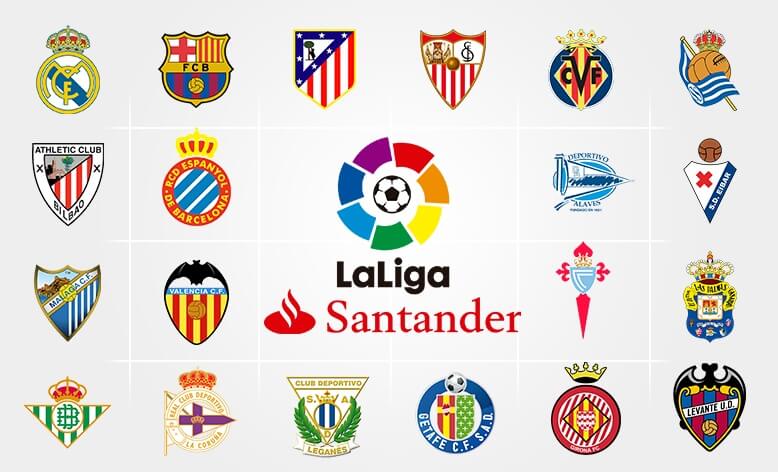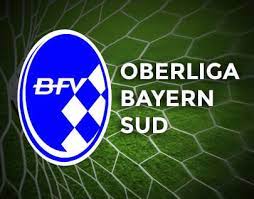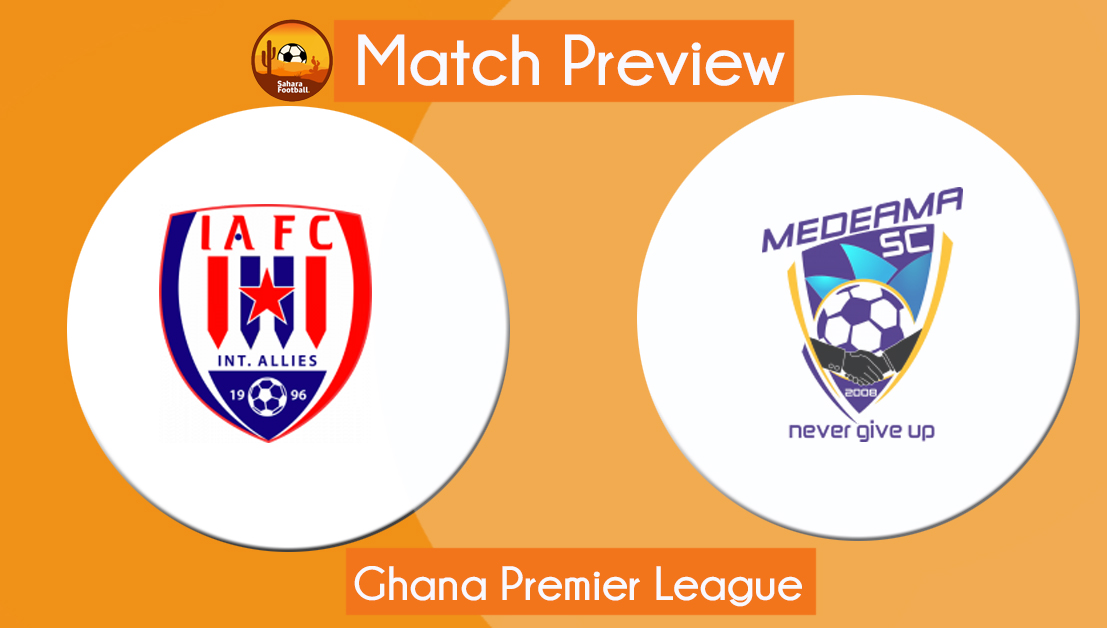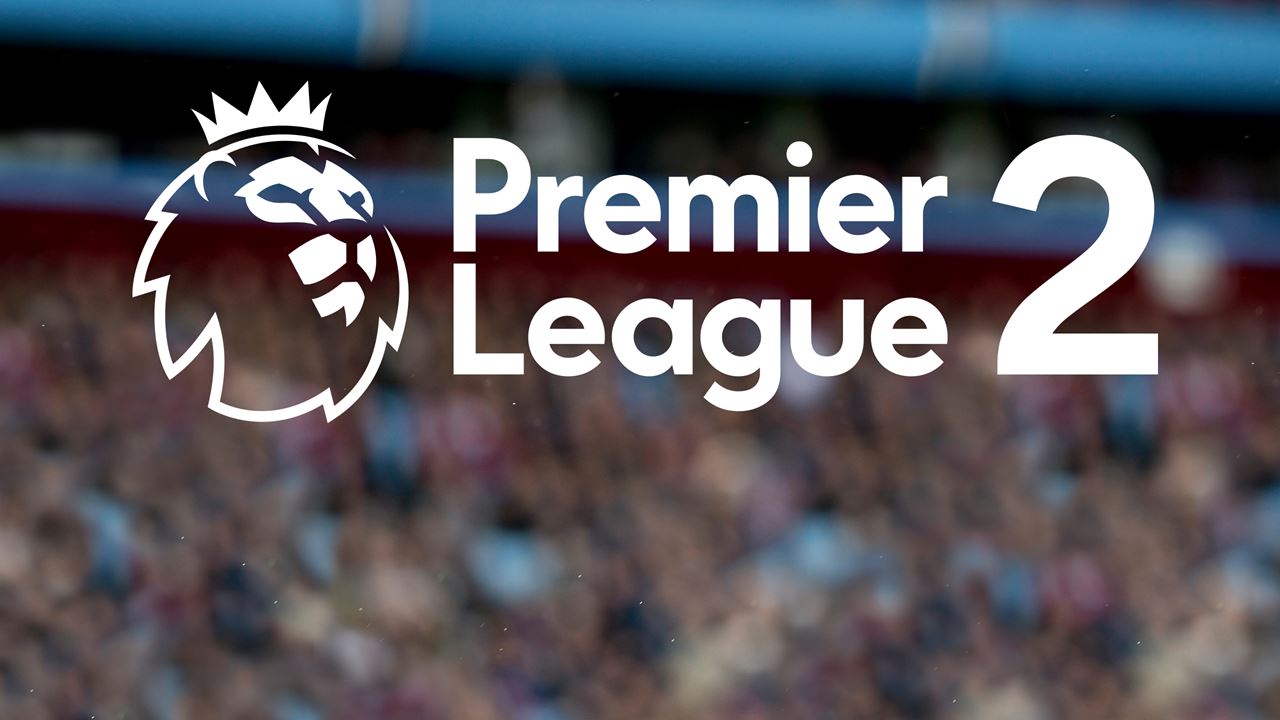In the realm of European club football, few questions resonate more than what is UEFA Champions League table? and what is UEFA Champions League fixtures?. The UEFA Champions League (UCL) isn’t just about spectacular goals, breathtaking saves, and nail-biting finishes—it’s a systematic competition that unfolds on meticulously organized tables and carefully planned fixtures. This guide seeks to dive deep into the intricacies of the UCL, offering insights into its table mechanics, fixture scheduling, and more, ensuring you’re well-equipped to follow the drama from group stages to the grand finale.
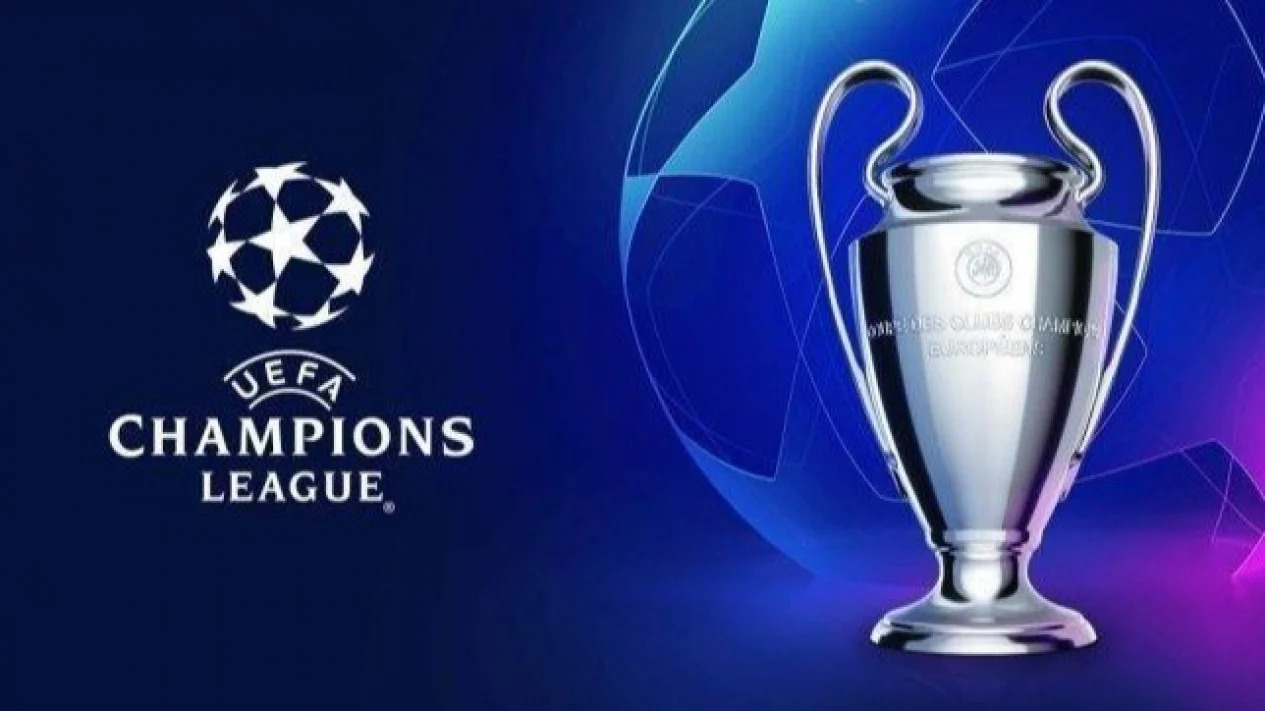
What is the UEFA Champions League?
For many football enthusiasts worldwide, the question, “what is the UEFA Champions League?” might seem trivial. Yet, for the uninitiated, the UEFA Champions League (UCL) stands as the pinnacle of European club football. Teams from across Europe compete for this coveted title, and the suspense intensifies as the UEFA Champions League table updates after every match. This table, far from being a simple leaderboard, represents hopes, dreams, and the arduous journey of teams vying for European glory. As the games unfold, this table tracks performance, charts progress, and hints at possible future clashes, which the UEFA Champions League fixtures will confirm.
When did the UEFA Champions League First Start?
The birth of the UEFA Champions League can be traced back to the European Champion Clubs’ Cup in 1955. This initiative, originally envisioned as a battleground for the reigning champions of each European country’s top football league, has transformed over the decades. Today, it’s not just a tournament—it’s a global phenomenon, drawing audiences from every corner of the world.
How has the UEFA Champions League Changed Since 1955?
Over the years, the format of the competition has undergone significant changes. Originally recognized as the European Champion Clubs’ Cup, it adopted the moniker ‘UEFA Champions League’ in 1992, signifying a broader and more inclusive vision. Along with the name, the structure was revamped to include the famed group stages, leading to the thrilling knockout rounds. This format alteration also gave rise to questions like “what is UEFA Champions League fixtures process?” as more matches, stages, and draws were introduced.
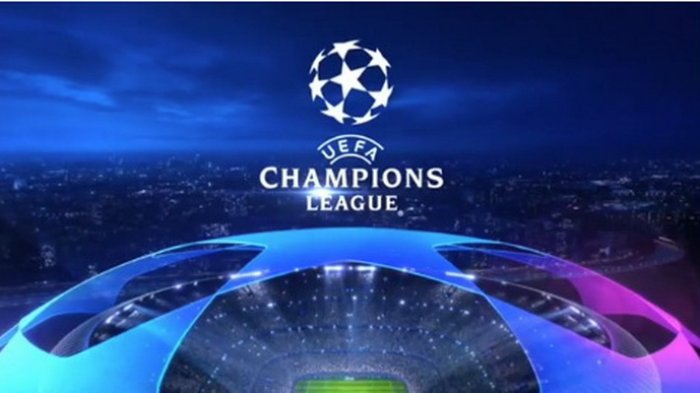
How are the Teams Selected?
Selection to this prestigious competition isn’t merely about prestige or historical significance; it’s a rigorous process grounded in performance metrics. UEFA uses a sophisticated coefficient system to rank European football associations. This coefficient system isn’t arbitrary; it’s a reflection of performances in both the UEFA Champions League and its sister tournament, the UEFA Europa League, over a span of ten years. Consequently, nations with higher coefficients—essentially, those with a consistent track record of footballing excellence—have the privilege of sending multiple teams to compete. These top-performing teams not only bolster the tournament’s quality but also shape the UEFA Champions League table, presenting formidable challenges to rivals and mesmerizing fans in the process.
What Happens Once the 32 Teams Qualify?
After qualification, the next burning question is: what is UEFA Champions League fixtures process? These teams await the fixtures draw, resulting in eight groups of four. Seedings, derived from UEFA coefficients, play a pivotal role in this draw. Teams in each group lock horns home and away in a double round-robin system. Victories secure three points, draws one, and losses none. At the group stage’s climax, the UEFA Champions League table reveals the top two teams from each group, propelling them into the knockout phase.
How Does the Knockout Phase Work?
The knockout phase is where the UEFA Champions League truly comes alive. Teams that have successfully navigated through their groups now face a series of two-leg ties against different opponents, with the aggregate score deciding who progresses. This stage ramps up the intensity and drama, making it a favorite among fans.
Draw
A draw determines the matchups for the knockout phase, with rules ensuring teams from the same domestic league avoid each other in the first knockout round. From the quarterfinals onwards, the UEFA Champions League fixtures draw is open, meaning any team can face any other.
Knockout-Phase Legs and Tiebreakers
Each tie consists of two legs: home and away. The team with the higher aggregate score over both legs moves on. In cases of aggregate ties, the team with more away goals advances. If still level, matches may extend into extra time and, if necessary, penalties.
UEFA Champions League Schedule
Spanning from late summer to the following spring, the UEFA Champions League fixtures encompass group stage games from September to December. The knockout stages kick off in February, reaching a climax with the final in late May or early June.
How to Watch the UEFA Champions League?
Broadcasted globally, the UCL is available on major sports networks and online streaming platforms. For specifics on how to watch in your region, consult the UEFA website or local listings.
Which Teams have Won the UEFA Champions League Title in the Previous Years?
The UEFA Champions League, in its storied history, has witnessed a range of clubs lifting the prestigious trophy, leaving an indelible mark on the annals of football history. Real Madrid stands as the competition’s most successful club, boasting an unparalleled number of titles. Their fierce rivals, FC Barcelona, have also etched their name on the trophy multiple times, showcasing Spanish football’s dominance in the European arena. AC Milan, representing the Italian Serie A, has had a rich Champions League history, being crowned champions on several occasions. Bayern Munich, Liverpool, and Manchester United are other clubs that have not only won the title but have offered moments of sheer brilliance and unforgettable matches.
In recent years, the competition has seen a healthy mix of traditional powerhouses and new challengers reaching the finals. Clubs like Paris Saint-Germain, Manchester City, and Atletico Madrid have threatened the status quo, signaling a shift in the balance of power and ensuring the UEFA Champions League remains as unpredictable and thrilling as ever.
Conclusion
The UEFA Champions League isn’t just a football competition; it’s a celebration of talent, strategy, teamwork, and passion. As teams maneuver through the UEFA Champions League table and eagerly await the UEFA Champions League fixtures, they’re not just chasing a trophy – they’re chasing history, cementing their legacy in the footballing world. For fans, the tournament offers an exhilarating journey filled with highs and lows, encapsulating the essence of football in its purest form. With every season that passes, new stories unfold, legends are born, and memories are created, making the Champions League a spectacle that truly stands alone in the world of sports.
Sign up as a member of MYBET88 (MB8) Online Casino Malaysia to bet on sports easily.
-

Ken is an experienced online gambling writer whose passion for online gambling began at an early age. His love for poker led him to be fascinated with the strategies used by successful players and dedicated his writing career to understanding the inner workings of the online gambling industry. His years of experience in creating informative content made him into a sought-after expert on all things casino.




